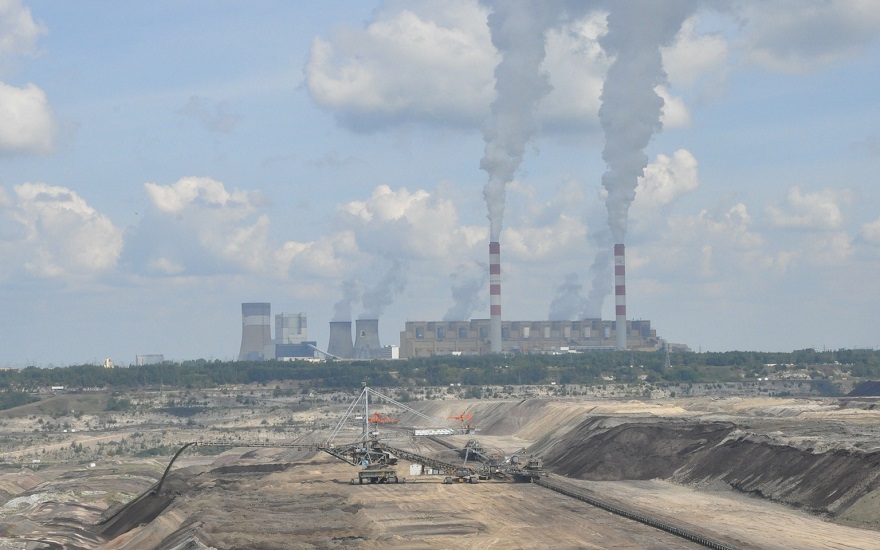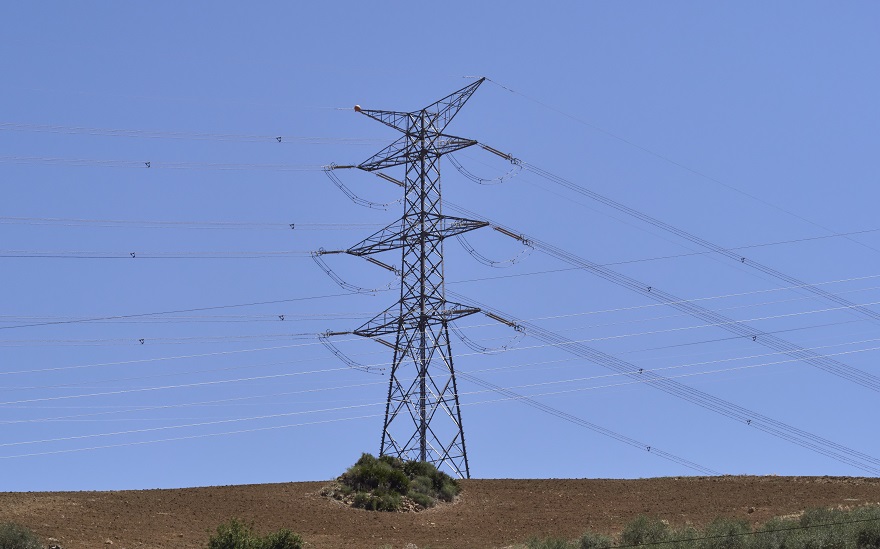Network failure at Europe’s biggest thermal power plant causes problems for the electricity system in Poland.
The outage at the coal-fired Belchatow Power Plant occurred on Monday 17 May after 10 of the station’s 11 units went offline. Luckily, the 11th and largest unit is connected to a different switchboard, so wasn’t affected.
Poland turned to emergency imports of electricity from Germany, Sweden, the Czech Republic, and Slovakia to make up for the lost generation.
The country’s biggest energy sector company, Polska Grupa Energetyczna (PGE), said that eight of the units were back up and running by Tuesday, but “restarting them after a total cut was a big challenge”.
Belchatow Basics
The 5,400 MW Belchatow Power Plant in central Poland was originally commissioned in 1982. It generates around 30 TWh of electricity a year. That’s approximately 20% of the country’s total power generation capacity.
It is said to use more than 40 million tonnes of coal a year. These supplies are sourced from a nearby coal mine estimated to hold nearly 2,000 million tonnes of lignite coal reserves. That’s the largest stocks of brown coal in Europe.
Belchatow is claimed to be the biggest polluting power station on the continent. It pumps out more than 30 million tonnes of carbon dioxide a every year.
Poland Energy Outlook
This failure follows on from a similar incident in 2015. A heat wave and unprecedented demand for air conditioning knocked the plant off the grid.
Nearly two-thirds of Poland’s energy currently comes from black coal and lignite. Renewables, mainly solar and wind, account for just 18% of electricity. This demonstrates just how much work lies ahead to ensure Poland meets the EU’s 2030 goal of at least 32% clean energy.
In a country where the coal mining industry still employs 80,000 workers, the Polish government’s target of eliminating coal from the energy mix “no sooner than 2049” is seen as unnecessarily cautious.
Environmental groups also criticised the opening of a new lignite-powered plant in Turow. However, ministers defended the move. They claim the new station is necessary to guarantee electricity throughout the transition to alternative, cleaner sources.




